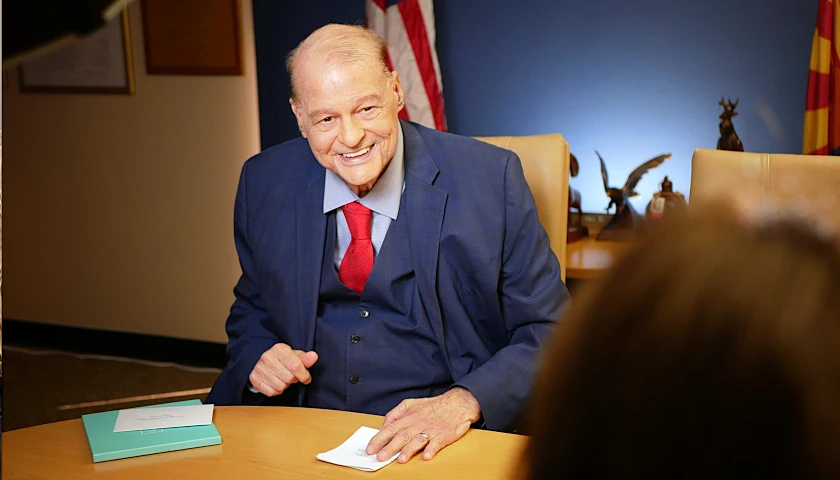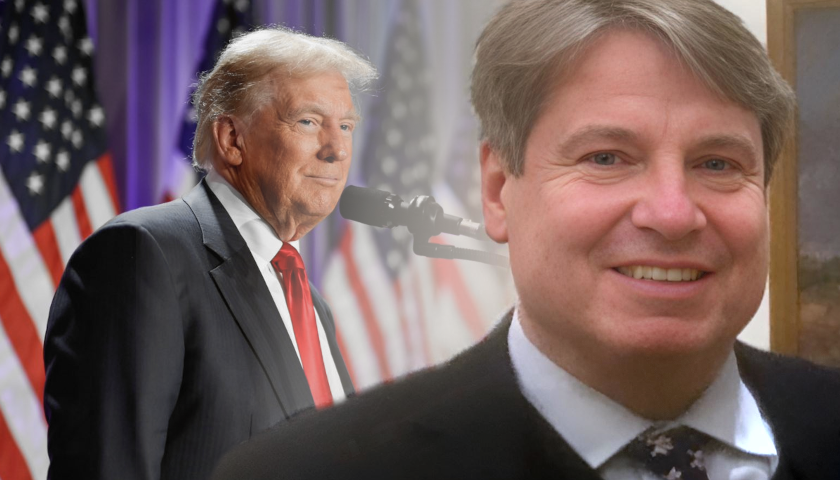Latinos and Millennials are among the demographics who most strongly support school choice, the fifth annual National School Choice Poll says.
The American Federation for Children, which advocates for educational choice, and Beck Research, a Democratic polling firm, announced the poll results Thursday. More information on the poll is available here in an article by Tommy Schultz, the federation’s national communications director.
Support among Latinos was 73 percent, while for Millennials it was 75 percent, the federation said.
Full polling information is available here. School choice is favored by a 67 percent to 27 percent margin, Beck Research said. The poll was taken from among 1,200 likely 2020 General Election voters.
John Schilling, president of the American Federation for Children, said in a statement, “Despite relentless attacks from opponents of educational freedom throughout the past year, school choice support has grown over the past year. Most parents want a different option for their child and are willing to make sacrifices to go to a better school if they had the option.”
According to the federation, one poll highlight was:
When asked, “Generally speaking, would you say you favor or oppose the concept of school choice?” and given the following definition, “School choice gives parents the right to use the tax dollars designated for their child’s education to send their child to the public or private school which best serves their needs,” two-thirds (67%) favor school choice, including 40% who strongly support it.
The issue of school choice may not come up soon in Tennessee despite statements of support by Gov.-elect Bill Lee during the campaign. Sources told The Tennessee Star in December that, at the moment, the Lee administration remains committed to school choice, but does not plan to make school choice an agenda item in his first year.
In a discussion on the Dec. 11 Tennessee Star Report with Steve Gill and Michael Patrick Leahy – broadcast on Nashville’s Talk Radio 98.3 and 1510 WLAC weekdays from 5:00 am to 8:00 am – the duo contemplated whether Lee would hold true to his “school choice” (or more specifically “parent choice”) campaign pledge and why it needs to become a bill and why it hasn’t in the past. At the end of the segment, Leahy urged Lee to provide leadership on this matter.
Leahy and Gill closed the conversation discussing their position on school choice and agreed that it was the best option for Tennessee. Leahy was convinced that public schools are lost for several reasons but more specifically due to poor teaching about American history, the Constitution, civics, and citizenship.
The Star reported in December on the promise held by Educational Savings Accounts.
According to a Beacon Center of Tennessee special report, summarized here, ESAs “provide families a more flexible option than traditional voucher programs. ESA funds can be used to create a truly customized education experience including tutoring, speech and other education therapy, private school tuition, homeschool curriculum and supplies, education technology, and even help save for college.”
Lee’s announcement earlier this week of his appointment of Penny Schwinn as Commissioner of Education made no mention of making school choice, The Star reported. It was not mentioned either as a priority of his administration, or as an area in which Schwinn has any interest, experience, or focus.
On July 5, 2018–one month before the Republican gubernatorial primary–Lee included school choice as one of his Ten for Tenn priorities outlined in his “contract with Tennesseans.” Shortly after he won the primary in August 2018, the list of Ten for Ten promises was removed from his campaign website. The current list of nine priorities for his new administration does not include school choice.
– – –
Jason M. Reynolds has more than 20 years’ experience as a journalist at outlets of all sizes.
Photo “Elementary School Students” by Tech. Sgt. Heather Redman.





